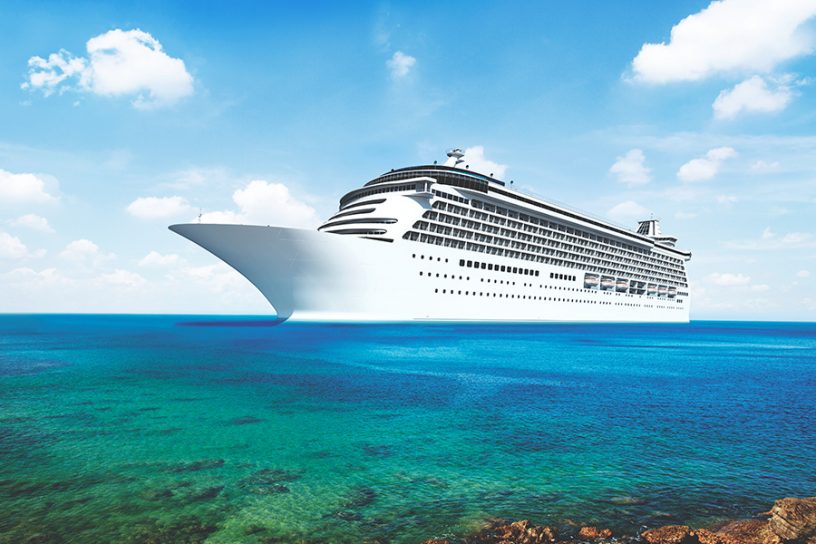
A less discretionary and more standardised formula should be put in place to determine salvage reward for crewless vessels, argue the authors.
Authors
Mayank Suri, Assistant Professor, Jindal Global Law School, O.P. Jindal Global University, Sonipat, Haryana, India.
Krzysztof Wróbel, Research Group On Maritime Transportation Risk and Safety, Gdynia Maritime University, Gdynia, Poland.
Summary
The disruptive technology which is proposed to allow for unmanned or autonomous operations has garnered attention both on land and at sea. The lack of a crew on board poses interesting and complex challenges for the operations of sea-going vessels. Our study dwells into one such challenge, i.e. the issue of determining a salvage reward of a crewless vessel.
This is a study cutting across operational and legal issues since the law of ships is closely connected to the practice of mariners. We look at a recent incident which can be used to make analogous comparisons with what could, one day be the salvage of a crewless vessel. We propose that immense thought should be given to the study of salvage as a legal subject for crewless vessels.
Our study finds that most of the traditional elements of a salvage reward are highly dependent on human centric factors which will be affected by a lack of crew. We argue that a less discretionary and more standardised formula should be put in place to determine salvage reward for crewless vessels.
We also propose that a changing shipping eco-system would require changes to the understanding of salvage as a professional service.
Published in: WMU Journal of Maritime Affairs
To read the full article, please click here.


